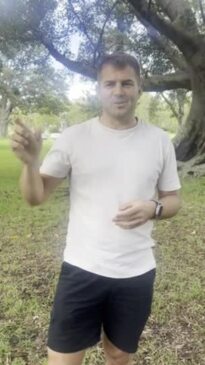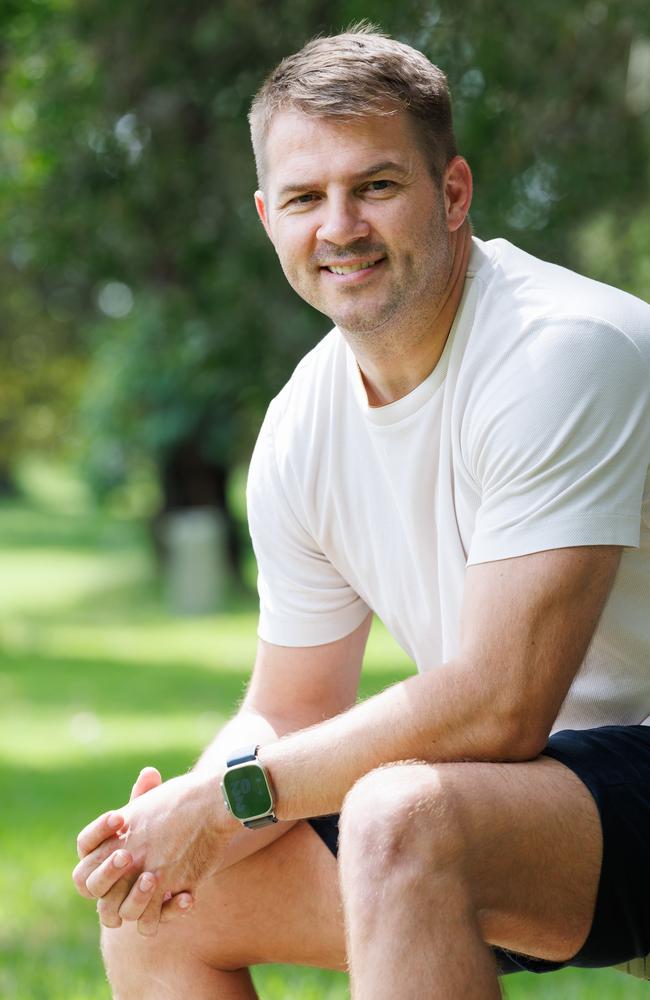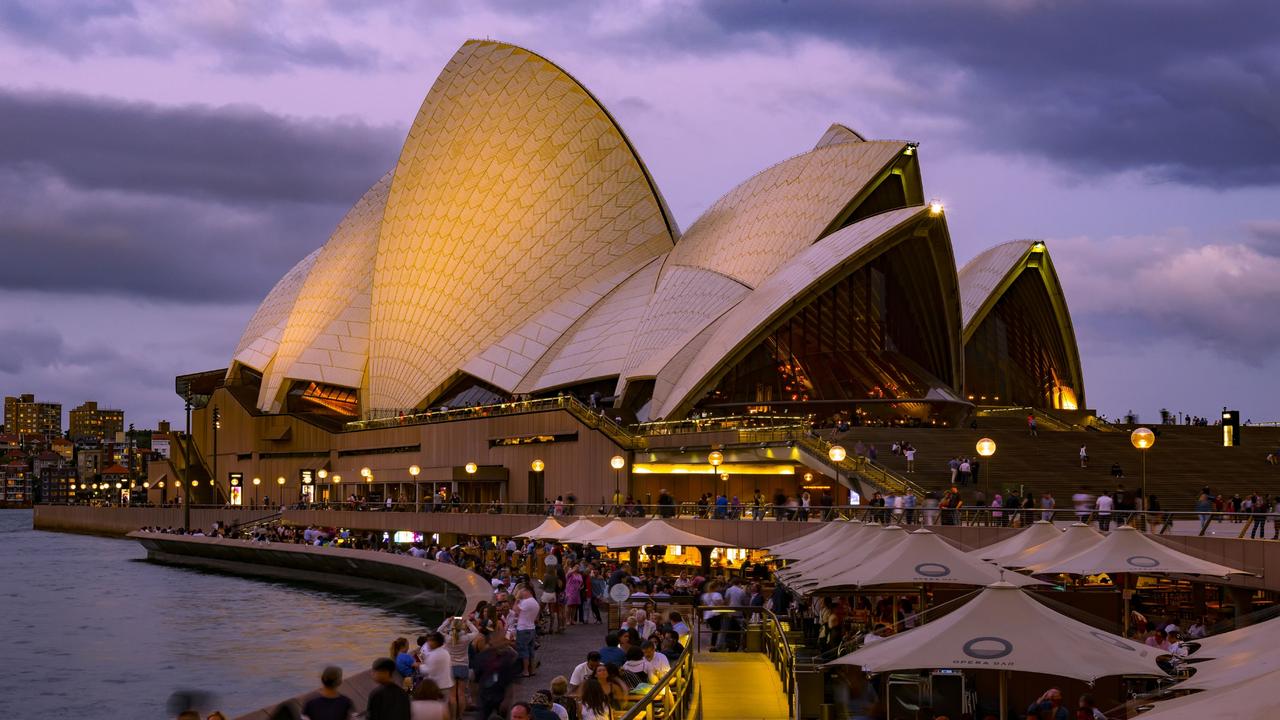Wallabies legend Drew Mitchell endorses medical cannabis as anxiety treatment
Former Wallabies winger Drew Mitchell treats his post-career anxiety with medical cannabis and says it should be more readily available to Australians who need it. WATCH WHAT HE SAYS

Confidential
Don't miss out on the headlines from Confidential. Followed categories will be added to My News.
Former Wallabies winger Drew Mitchell retired in 2017 as Australia’s highest try scorer in World Cup history.
“This transition thing into ‘normal’ life — there’s no end to it,” Mitchell told The Daily Telegraph.
“When I first retired there was this feeling and sense of, what am I doing next? Am I equipped to do something else? Everything I did and trained for my entire life is now finished.”
“I can’t remember anxiety being part of my life as a child or teenager,” the Sydney-born athlete said. “Now I feel like I’m married to it.”
Mitchell treats that anxiety with medical cannabis, up to five times a week, and says it should be more readily available to Australians who need it.

Anxiety is intense, excessive and persistent fear about everyday situations.
For Mitchell, it first presented in social environments.
“I found myself going to restaurants with friends and staying well away from the front door if I knew that they weren’t there. I didn’t want to be the guy sitting there on my own. I’d get really overwhelmed,” he said.
Mitchell suffered symptoms including loss of appetite, vomiting, panic attacks and insomnia, which primarily surfaced in social situations.
“I’m an over-thinker and I’d spiral heavily over small issues that became something larger,” he said.
“I started to see a therapist, something I wish I had done throughout my career.”
While he’s uncertain about the origins of his anxiety, Mitchell speculates it’s related to impostor syndrome and the absence of his Wallaby team support systems and the rugby environment that he became accustomed to.
“I come from a military family upbringing, so all my life I’ve had structure and routine,” Mitchell said.
“School is structured, and rugby is very similar as well. When I finished rugby I all of a sudden had all this time and no routine; no purpose.”
Mitchell’s therapist prescribed anti-anxiety and depression medication Lexapro, which Mitchell said significantly altered his personality and quality of life.
“It didn’t take me to the depths of my anxiety, but I also didn’t feel the highs of life — no pun intended,” he said.
Eighteen months ago, Mitchell began taking medicinal cannabis by Medibis, one of Australia’s leading providers.
He found it had an “immediate calming effect” compared to the 30 days needed for antidepressants to have an impact.
He has never smoked marijuana, he said.
“I wouldn’t have survived if my dad found out,” Mitchell joked.
“Then going through a career where you get drug tested, it was never something I got into. Perhaps there was stigma attached to it as well that made me shy away from it.”
While the Wallaby turned commercial real estate agent said he does not have the experience to voice an opinion on recreational use, he fully supports further research into medicinal applications.
“If I was spiralling when I woke up I’d have a little bit of that and have a calmness about me, but also still be able to function and be present and also still have a personality that I wanted to have,” Mitchell said.
Blends can contain THC, or no butt: “You don’t get high or stoned.”
Medibis has now announced a groundbreaking clinical trial to prove that unique cannabis formulation is an effective treatment for anxiety and other symptoms associated with Autism Spectrum Disorder (ASD).
“If it’s accessible, done through the right avenues, isn’t going to be abused, taken in the right doses, and sanctioned by medical professionals, then prescribe it to people that need it,” Mitchell said. “Much like any other medication that we go and get.”
Dr Janet Schloss, who will undertake the trial at Southern Cross University, said the global body of evidence regarding cannabinoid therapy for anxiety is yielding compelling results.
“Anxiety ranks as the second most treated condition among cannabis patients in Australia,” Dr Schloss said. “We aim to lay the essential groundwork often overlooked by cannabis companies when embarking on research projects.”
Do you have a story for The Daily Telegraph? Email tips@dailytelegraph.com.au




